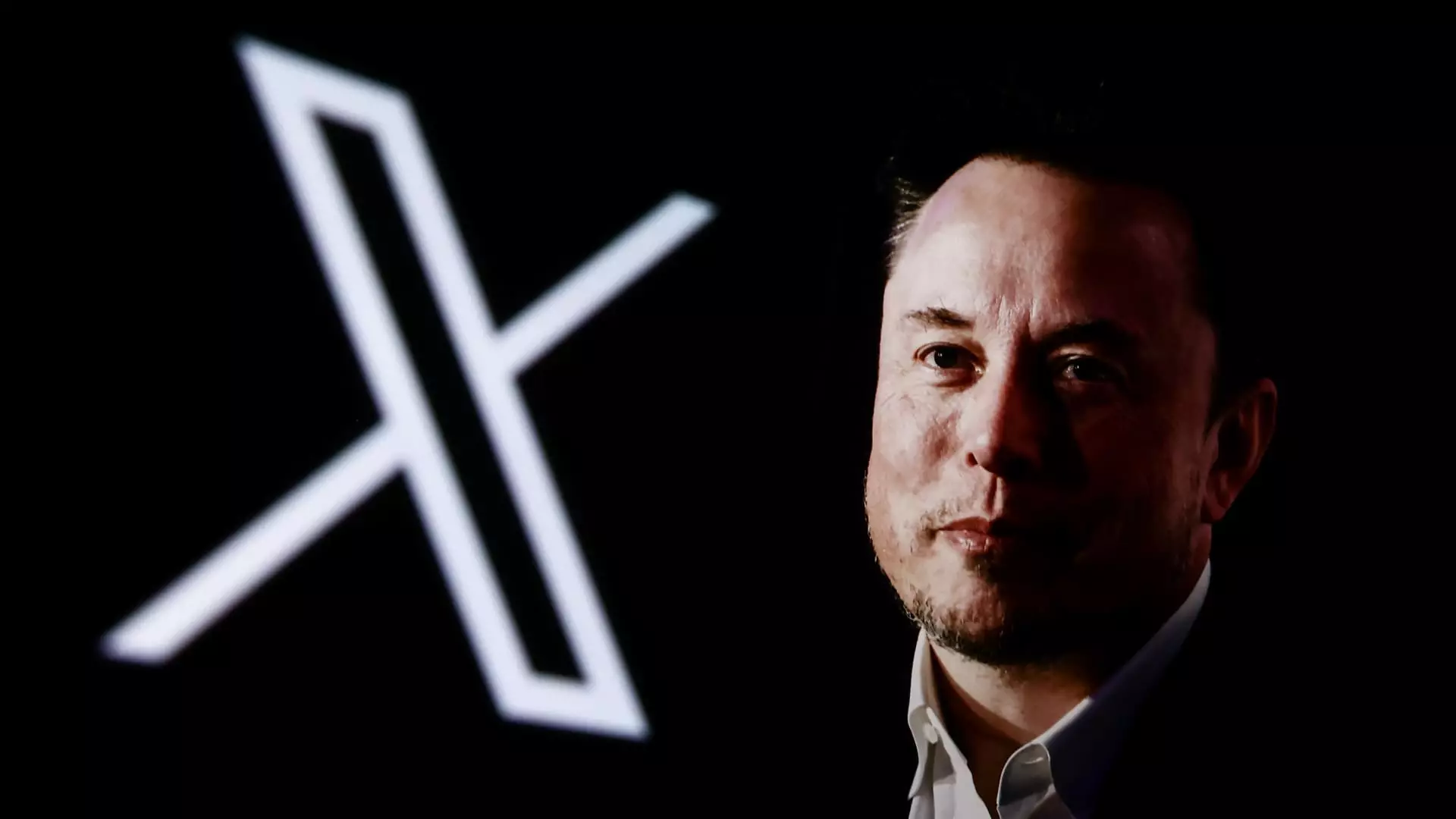The ongoing saga between Elon Musk and the Securities and Exchange Commission (SEC) has taken another dramatic turn with the filing of a lawsuit against the billionaire businessman. The SEC’s allegations highlight significant concerns surrounding securities fraud related to Musk’s acquisition of Twitter, now known as X. This situation not only raises questions about disclosure requirements but also examines the intricate dynamics between powerful figures and regulatory bodies.
At the center of the SEC’s lawsuit is the claim that Musk failed to publicly disclose his ownership stake in Twitter when it crossed the 5% threshold, a requirement that mandates disclosure within ten days. According to the SEC, the billionaire amassed a significant shareholding — over 9% — yet delayed his disclosure by more than ten days. This transgression is pivotal, as it purportedly allowed Musk to acquire shares at “artificially low prices,” saving him over $150 million in what the SEC argues constitutes unjust enrichment from unsuspecting investors. The claim is that had the market been privy to Musk’s interests, the stock price would have reflected his substantial investment much sooner, creating an environment where other investors could have arguably made more informed decisions.
Despite previous assurances from Musk and his legal team of his innocence, the SEC’s complaint seeks not only a jury trial but also financial penalties aimed at receiving disgorgement of ill-gotten gains. This complicates an already tormented relationship between the infamous entrepreneur, best known for his leadership at Tesla and SpaceX, and the regulatory agency, which has previously clashed with Musk.
Musk has not shied away from making his discontent with the SEC known. Following the lawsuit announcement, he took to social media, deriding the agency as “totally broken” and railroading against its focus on what he perceives as trivial matters amidst significant societal issues. His legal representative, Alex Spiro, has characterized the SEC’s actions as unnecessary harassment, alleging that the accusations are baseless and reflective of a long-standing vendetta against Musk rather than grounded in legitimate concerns about investor protection.
This narrative of a persecution complex plays into Musk’s broader image, effectively portraying him as a transformative figure beset by an outdated regulatory framework unable to keep pace with the rapid evolution of industries he represents. However, it is important to consider the broader implications of such behavior, especially as Musk transitions further into territory that intersects with governmental influence.
This incident is not Musk’s first encounter with the SEC. A notable prior clash occurred in 2018, when Musk’s tweets regarding Tesla going private led to accusations of securities fraud. That episode resulted in substantial financial consequences for both Musk and Tesla, forcing the magnate to relinquish his role as chairman temporarily. Each legal confrontation paints a picture of a figure who operates in a realm detached from conventional business regulatory standards, often to the dismay of traditional investors and stakeholders.
Amid this latest controversy, significant political undertones also emerge. With Donald Trump set to assume the presidency soon, Musk’s relationship with him raises eyebrows, particularly since Musk’s strategies often align with those seeking regulatory rollbacks. Trump’s previous statements regarding the SEC’s chairman and plans to replace regulatory figures signal a potential alliance that may redefine how regulatory actions unfold in the near future. The intersection of business, politics, and regulation exemplified by Musk’s situation underscores the necessity for transparency and accountability, even for figureheads in innovation.
As Musk’s legal battles unfold, the implications for investors, potential regulatory changes, and the tech industry at large become increasingly significant. Should the SEC’s allegations hold weight, they might inspire tighter scrutiny over influential stakeholders and prompt discussions regarding the need for stricter enforcement of disclosure requirements.
Investors must remain vigilant, as these developments highlight the volatility and unpredictability of aligning their financial interests with high-profile figures. The ongoing litigation could signal a watershed moment for regulatory practices, emphasizing the necessity for clarity and discipline in financial reporting.
As the legal proceedings continue, both Musk’s reputation and the integrity of the financial system will be put under scrutiny. The resolution of this case could define future interactions between innovative entrepreneurship and regulatory oversight, marking an essential chapter in the ongoing discourse about governance, accountability, and the role of major players in shaping markets.

